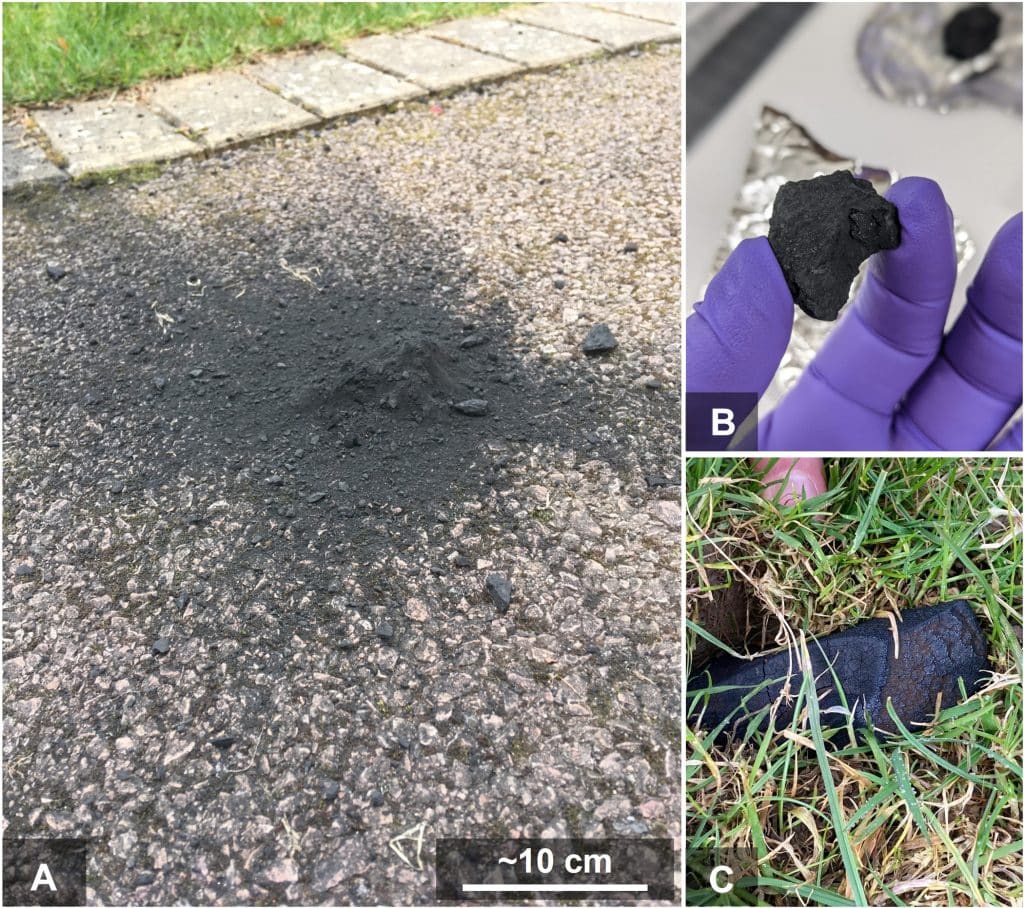The meteorite that fell in the English village is the most intact ever found

In February last year, a fireball swept across the skies of southwest England, captured by several local security cameras and astronomical observatories. A fragment of about 500 g of this space rock was found shortly after in a house in the village of Winchcombe, the name later given to the meteorite.

According to the website space.com, the discovery made so readily indicates that the meteorite was barely exposed to Earth’s elements, allowing it to keep its chemical composition intact. In fact, the composition of Winchcombe’s rock is so integral that it can almost match asteroid samples collected by probes directly from space.
The results of the preliminary analyzes carried out on the meteorite were published this week in the magazine The progress of science, and they seem to support the idea that Earth’s water comes from asteroids. This is because the Winchcombe space rock contains hydrogen atoms with an isotopic composition quite similar to that of water on our planet.
This research also found that the meteorite must have separated from its parent asteroid only 200,000 to 300,000 years ago, something very recent (by astronomical proportions). Most meteorites, according to the authors of the article, spend millions of years in interplanetary space before crossing paths with Earth. During that time, they are ravaged by cosmic rays and solar winds.
By analyzing data from cameras that captured the rock’s passage through Earth’s atmosphere, astronomers were able to reconstruct its orbit and determine that its parent asteroid resides in the main asteroid belt, between the orbits of Mars and Jupiter. , and not a population close to our planet.
The Winchcombe meteorite is a carbonaceous chondrite, a rare class of meteorite believed to come from very primitive asteroids that migrated into the main belt from the outer edges of the Solar System and whose chemical composition has changed little since. meteorite offers a unique insight into these ancient “time capsules”.
“In addition to the right kinds of hydrogen, the meteorite also contains organic material of the kind that could have given rise to life on Earth about 3.5 billion years ago,” the scientists said in a statement.
The post meteorite that fell in the English village is the most intact ever found first appeared in Olhar Digital.
Source: Olhar Digital
Leave a Reply